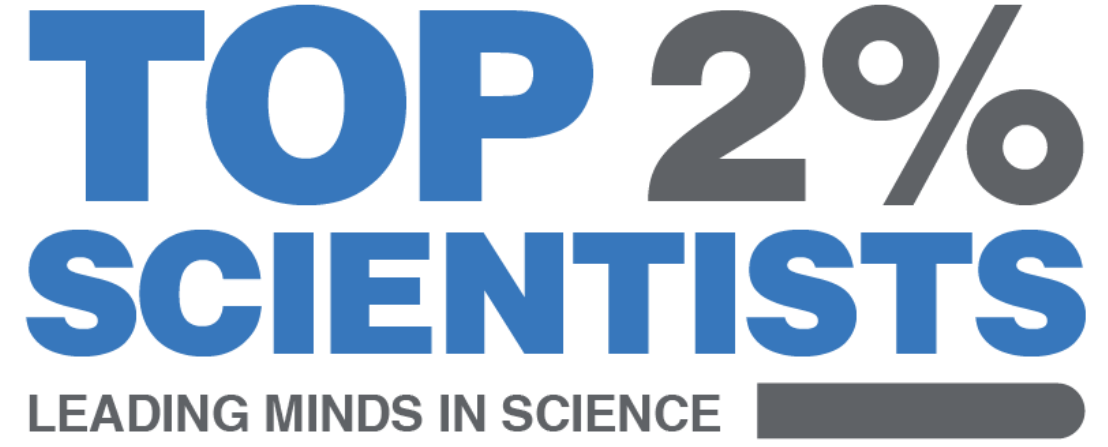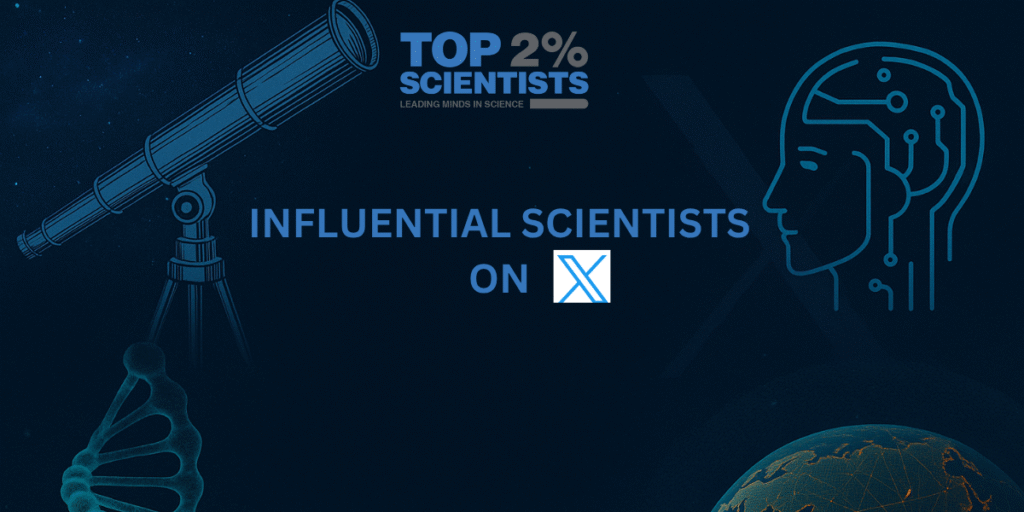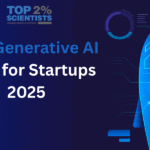In the age of misinformation and viral opinions, credible scientific voices on social media are more important than ever. X (formerly Twitter) remains a go-to platform where the world’s leading scientists share their insights, research breakthroughs, and real-time analysis on critical global issues — from climate change and space exploration to artificial intelligence and public health.
If you’re looking to stay informed, inspired, and intellectually curious, here’s a list of influential scientists to follow on X in 2025.
Why Scientists on X Matter Today
Social media isn’t just for trending news—it’s now one of the most direct ways to learn from global experts. On X (formerly Twitter), scientists share real-time research, debunk myths, and spark curiosity in ways traditional media can’t.
These influential scientists on X connect science with the public like never before.
Meet the Top Influential Scientists on X
These influential scientists on X go beyond the lab to make science accessible and engaging. They simplify complex ideas, share timely updates, and encourage informed public dialogue. Whether it’s AI, climate change, or space exploration, their voices help shape how we understand the world.
1. Dr. Katie Mack (@AstroKatie)
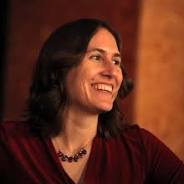
Who They Are:
Theoretical astrophysicist and professor at NC State University.
Field of Expertise:
Cosmology, dark matter, and the fate of the universe.
What They Share on X:
Informative threads, fun cosmic facts, science memes, and commentary on new discoveries.
Why You Should Follow:
She makes space science engaging, accessible, and surprisingly funny.
Dr. Katie Mack is a leading voice in astrophysics and one of the most followed scientists on X. She blends scientific depth with humor, making complex cosmic concepts accessible to the public.
2. Chris Hadfield (@Cmdr_Hadfield)
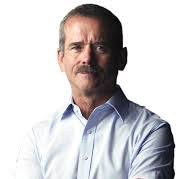
Who They Are:
Canadian astronaut, former ISS commander, and educator.
Field of Expertise:
Astronautics, space exploration, and leadership in science.
What They Share on X:
Space photos, Earth perspectives, and leadership advice through science.
Why You Should Follow:
He makes science visual, personal, and deeply inspiring.
A retired astronaut and social media star, Chris Hadfield brought space travel into people’s homes. With his storytelling skills and stunning visuals, he connects the public with the wonders of science, Earth, and space in a way few others can.
3. Neil deGrasse Tyson (@neiltyson)
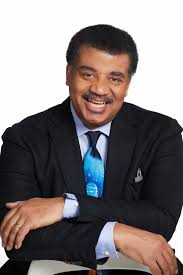
Who They Are:
Astrophysicist and Director of the Hayden Planetarium.
Field of Expertise:
Astrophysics, planetary science, science literacy.
What They Share on X:
Sharp one-liners, cosmic facts, and commentary on science in society.
Why You Should Follow:
He brings a cosmic perspective to everyday life.
Neil deGrasse Tyson is a household name in science communication. With his rich insights and cultural commentary, he makes physics and astronomy relevant, witty, and often philosophical. His posts spark thought and curiosity in millions.
4. Bill Nye (@BillNye)

Who They Are:
Mechanical engineer and science educator.
Field of Expertise:
Physics, engineering, science literacy, and climate education.
What They Share on X:
Climate advocacy, educational videos, and science awareness.
Why You Should Follow:
He makes learning science fun and socially relevant.
Bill Nye has been inspiring curiosity for decades. Known as The Science Guy, he now focuses on science advocacy, climate action, and educating the public on pressing issues. His social media retains the same charm that made him iconic.
5. Peter Kalmus (@ClimateHuman)

Who They Are:
Climate scientist at NASA and outspoken climate advocate.
Field of Expertise:
Earth science, climate modeling, and climate change.
What They Share on X:
Climate facts, policy critique, and environmental action.
Why You Should Follow:
He’s bold, honest, and deeply committed to saving the planet.
Peter Kalmus is a NASA climate scientist and environmental activist who’s not afraid to sound the alarm. His emotionally powerful posts call for urgent action on climate change, blending science with personal passion and activism.
6. Kate Marvel (@DrKateMarvel)
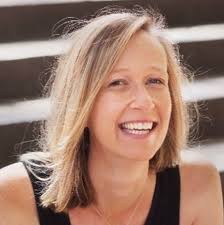
Who They Are:
Climate scientist and science writer.
Field of Expertise:
Climate modeling, global warming, and resilience.
What They Share on X:
Climate threads, reflections on science, and hope-filled messaging.
Why You Should Follow:
She humanizes climate science and offers solutions, not just problems.
Kate Marvel is admired for making climate science poetic, personal, and powerful. A former NASA scientist and now with Project Drawdown, she bridges the gap between science, emotion, and storytelling to inspire action and understanding.
7. Dr. Eric Topol (@EricTopol)
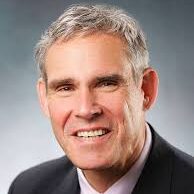
Who They Are:
Cardiologist, geneticist, and founder of Scripps Research Translational Institute.
Field of Expertise:
Genomics, digital health, and AI in medicine.
What They Share on X:
Health trends, pandemic data, AI applications in medicine.
Why You Should Follow:
He translates complex health science into actionable public knowledge.
A physician, researcher, and digital health expert, Dr. Topol became a leading voice during COVID-19. Today, he educates the public on healthcare innovation, AI in medicine, and public health policy, all with credibility and clarity.
8. Trevor Bedford (@trvrb)

Who They Are:
Virologist and researcher at Fred Hutchinson Cancer Center.
Field of Expertise:
Virus evolution, genomics, and computational epidemiology.
What They Share on X:
Mutation tracking, virus spread analysis, and disease modeling.
Why You Should Follow:
He offers real-time, science-backed pandemic insights.
Trevor Bedford became a trusted source during the COVID-19 pandemic thanks to his real-time tracking of virus evolution. A computational biologist, he brings data-driven clarity to virology and epidemiology on X.
9. Andrew Ng (@AndrewYNg)
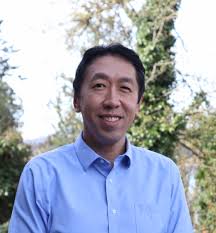
Who They Are:
AI pioneer, co-founder of Coursera, and Stanford professor.
Field of Expertise:
Machine learning, education, and practical AI.
What They Share on X:
AI trends, online learning resources, and career advice.
Why You Should Follow:
He helps you understand and apply AI in the real world.
Andrew Ng is one of the most influential educators in AI, known for democratizing access to machine learning through Coursera. He keeps his audience updated on how AI is changing business, work, and education.
10. Yann LeCun (@ylecun)
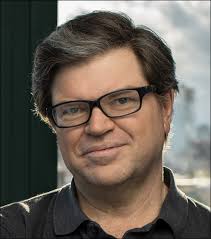
Who They Are:
Chief AI Scientist at Meta and NYU professor.
Field of Expertise:
Deep learning, neural networks, and machine intelligence.
What They Share on X:
AI theory, research updates, and debates on AGI and ethics.
Why You Should Follow:
He’s shaping the future of AI — and explaining it as he goes.
A Turing Award winner and deep learning pioneer, Yann LeCun is a major thought leader in AI. As Chief AI Scientist at Meta, he blends technical insights with commentary on AI’s future and ethical challenges.
What You Gain by Following Influential Scientists on X
Real-Time Science Education
Get direct access to complex topics explained in simple language—often before the media reports on them.
Expert Commentary on Current Events
Whether it’s a new discovery, AI update, or climate warning, these scientists offer real context and accuracy.
Inspire Critical Thinking
Following them helps build a mindset rooted in facts, evidence, and reason—essential in today’s misinformation age.
Stay Updated on Emerging Trends
From AI breakthroughs to planetary science, their posts keep you ahead of the curve.
Following influential scientists on X is more than just staying informed—it’s about engaging with the minds shaping our future. These experts bridge the gap between complex research and everyday understanding, offering clarity in a noisy digital world.
Whether you’re passionate about space, health, climate, or artificial intelligence, your X feed can become a reliable source of insight and inspiration. Start following these voices today and join the global conversation on science, innovation, and progress.
For real-time expert insights and emerging developments, visit our Trend and Updates section.
Stay ahead with the latest breakthroughs in science, technology, climate, and innovation.
